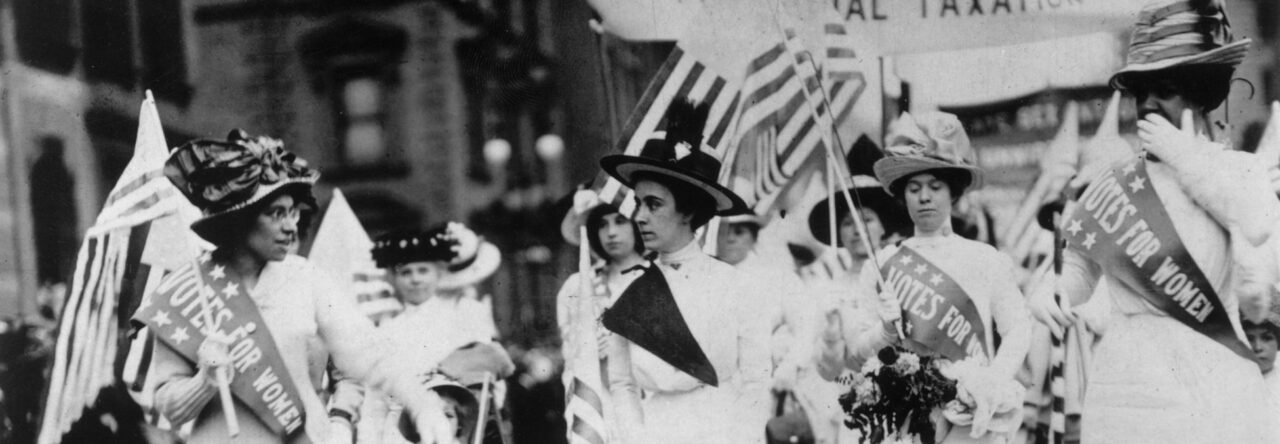 Prior to the presidential election of 1928, Senator William Borah of Idaho said he expected “the largest women’s vote, by far, yet recorded.” This prediction was reinforced by New York Times’ reports that in New York City there were 250,000 more women registered than in 1924, while the Chicago Daily Tribune reported female registration in Chicago had increased by more than 188,000 since the last election.
Prior to the presidential election of 1928, Senator William Borah of Idaho said he expected “the largest women’s vote, by far, yet recorded.” This prediction was reinforced by New York Times’ reports that in New York City there were 250,000 more women registered than in 1924, while the Chicago Daily Tribune reported female registration in Chicago had increased by more than 188,000 since the last election.
Sarah Schuyler Butler, Vice Chairman of the State Committee suggested, “the tremendous increase in the number of women who have registered proves beyond a doubt the keen interest of women in the the campaign […] We feel confident that this will mean a substantial increase in the strength of the Republican Party.” For many women the election represented not just a choice between Herbert Hoover and Governor Al Smith as candidates, but also a referendum on the issue of prohibition. Thus Dr. F. Scott McBride of the Anti-Saloon League predicted, “thousands of women who have never voted before, aroused by Smith’s wet threats, will go to the polls next Tuesday to vote against liquor by voting for Hoover.” Furthermore, a number of female voters believed that a Smith presidency would restrict the advancement of women’s rights, as National Woman’s Party Chairman, Mrs. Clarence M. Smith argued, “it is scarcely conceivable that any woman who believes in equal opportunities for women could give her support to Governor Smith, who, as he declared in his Newark speech, is unalterably opposed to industrial equality.”
Not all women supported Hoover. As Ms. Ben Hooper of Oshkosh, Wisconsin declared, “women are disgusted with the record of the last eight years […] I do not see how any progressively minded person can vote for Mr. Hoover.” Additionally, some Democratic leaders believed that endorsements by high-profile women, such as Mrs. Woodrow Wilson and Mrs. Francis B. Sayre, would be enough to hold in line the Democratic women.
As Republicans had predicted, however, early reports suggested that on November 6th an unprecedented number of women had turned out to vote and feminist scholar Jo Freeman confirmed that, according to straw polls, the female vote had overwhelmingly favored Herbert Hoover. In Huntington, Long Island most of the 23 districts reported nearly two-thirds of those who had voted were women and that many of these women had voted for Hoover. Across the country stories of first-time, elderly women voting for Herbert Hoover also emerged, including in Brooklyn, where the New York Times detailed the story of a 98-year woman, Rachael Fayette, who had cast her first ballot ever for Hoover as an example “which all of her associates followed.”
Hoover won in a landslide, carrying 40 states and receiving nearly 60% of the national vote. Upon hearing of Hoover’s victory, Vice Chairman of the Republican National Committee, Mrs. Alvin T. Hert proclaimed, “the result of yesterday’s election may in large measure – larger than ever before – be attributed to the untiring activity of women voters […] They have every reason to be proud of their part in the unprecedented victory.”
